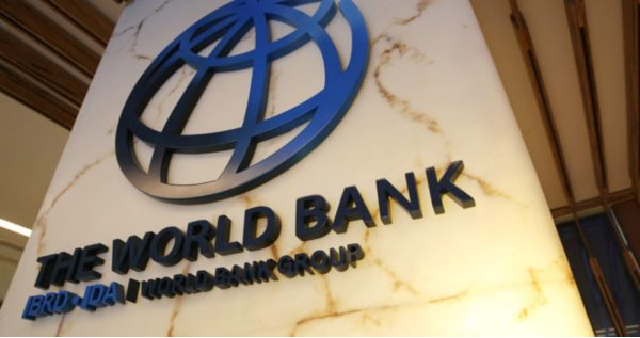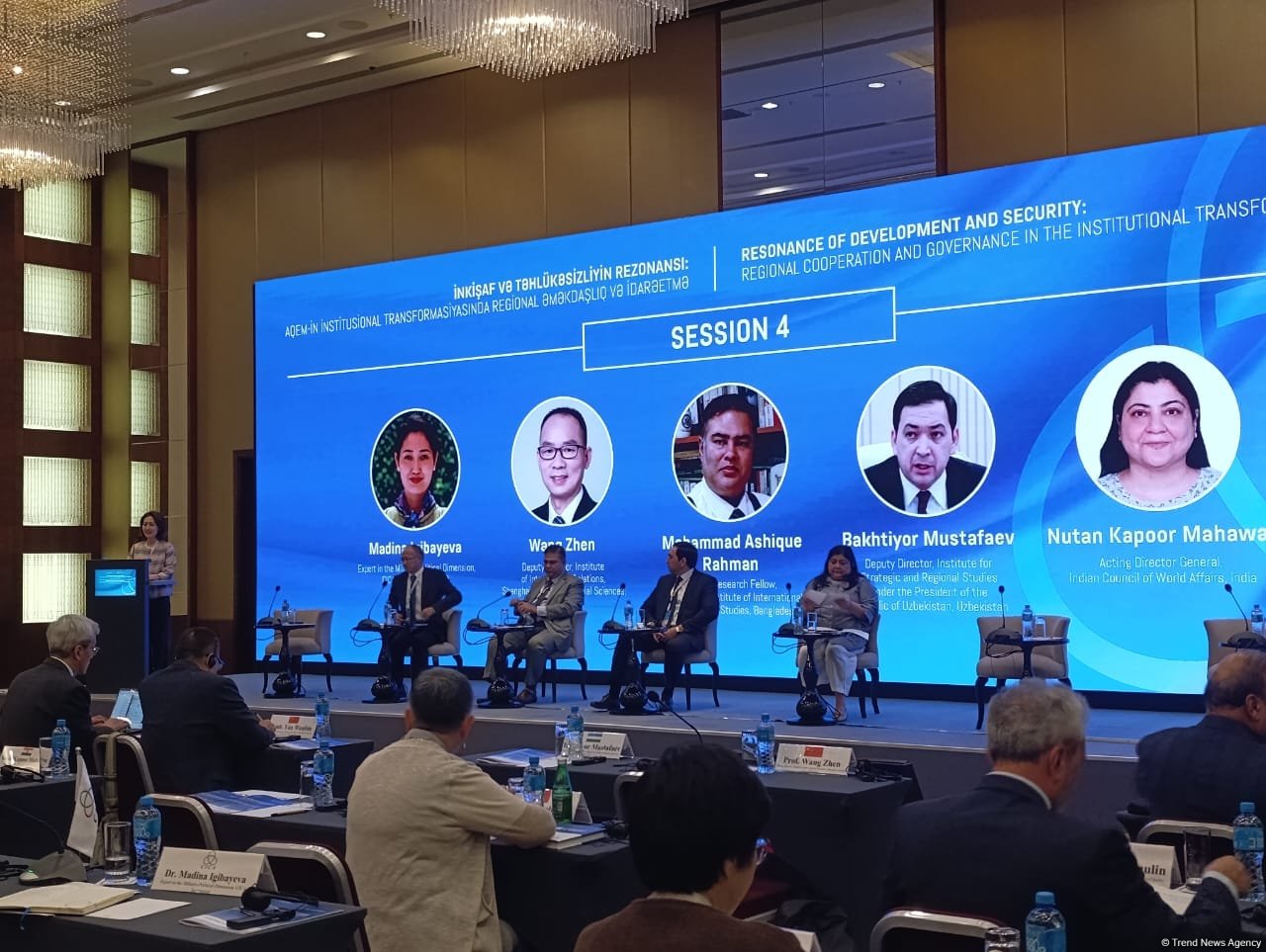By Bizwatch Nigeria Limited,Toyin Akande
Copyright bizwatchnigeria

The World Bank Group, through its private sector arm, the International Finance Corporation (IFC), has completed its first securitisation transaction, a $510 million collateralised loan obligation aimed at channeling more private institutional capital into developing economies.
The transaction repackages IFC’s loan portfolio into rated securities, creating a new asset class that aligns with the risk and return needs of global institutional investors such as pension funds, insurers, and asset managers. According to IFC, the initiative is expected to unlock access to some of the world’s largest pools of capital while freeing up its balance sheet to support additional projects in developing countries.
World Bank Group President, Ajay Banga, said the deal marks a milestone in the institution’s effort to mobilise private investment at scale.“Mobilising private investment at scale is essential to creating the jobs that give people a ladder out of poverty and begin the journey of changing a family’s trajectory for generations,” Banga said. “This is step one in an originate-to-distribute strategy that holds significant potential to attract private capital at scale. It also frees up our balance sheet so we can support more countries and more private-sector players.”
The $510 million structure comprises a $320 million senior tranche purchased by private investors, a $130 million mezzanine tranche insured by a consortium of credit insurers, and a $60 million equity tranche. The issuance has already attracted strong investor interest and was listed on the London Stock Exchange, with Goldman Sachs acting as the arranger.
The World Bank Group described the transaction as a scalable and replicable model for future issuances, reinforcing its commitment to building a sustainable pipeline for private-sector participation in development finance.
The initiative is designed to address two challenges: providing institutional investors with exposure to emerging-market credit opportunities that are often inaccessible, and enabling IFC to recycle capital for lending to high-impact projects in countries most in need.
The originate-to-distribute strategy was among the key recommendations of the Private Sector Investment Lab, an advisory body established in 2023 to identify barriers to private-sector investment in emerging markets. By securitising its portfolio, IFC is demonstrating how innovative financial instruments can bridge the gap between global investors’ appetite for yield and the financing needs of developing nations.
Analysts say the success of this transaction could encourage other development finance institutions to adopt similar models, accelerating the flow of private capital into underserved regions. For the World Bank Group, it signals a shift in role—from being primarily a lender to becoming a catalyst for large-scale investment flows that drive economic transformation in emerging markets.



